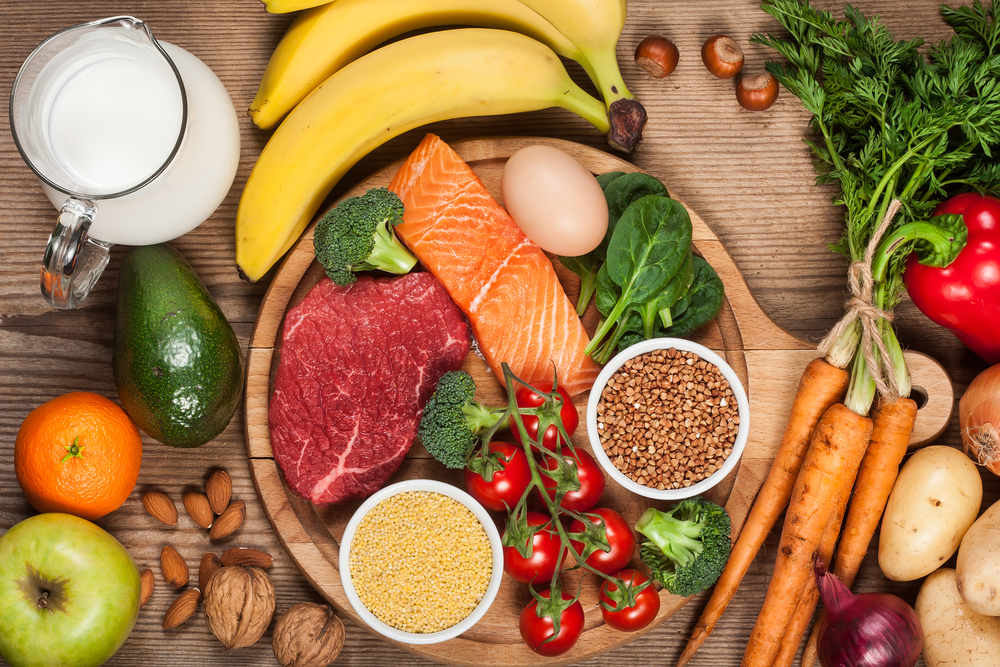L-arginine in Diet May Improve DMD Gut Function, Mouse Study Suggests
Written by |

Supplementing the diet with the amino acid L-arginine may improve gut function in people with Duchene Muscular Dystrophy (DMD), a study in mice suggests.
The study, “Spatiotemporal Mapping Reveals Regional Gastrointestinal Dysfunction in Mdx Dystrophic Mice Ameliorated by Oral L-arginine Supplementation,” was published in the Journal of Neurogastroenterology and Motility.
DMD is characterized by little or no production of dystrophin, a key protein in muscle integrity. Unlike studies in skeletal and cardiac muscles, the way a lack of dystrophin lowers quality of life via gastrointestinal (GI) dysfunction has received little attention.
Researchers from the University of Melbourne, Australia, characterized GI abnormalities in the mdx mouse model of DMD. To do this, they collected the intestine and maintained it in a specialized setup to observe muscle contractions — the forces that move food through the gut.
Compared with healthy mice, young and adult mdx mice had more frequent short contractions in distal (deeper) regions of the colon. At rest, the guts of mdx mice were smaller in diameter – that is, more contracted – than those of controls.
The data indicated that “GI impairments in the mdx mice are apparent from weaning,” the researchers wrote.
One of the roles of dystrophin is to activate nitric oxide synthase (NOS), a protein that makes nitric oxide (NO). This signaling molecule causes blood vessels to relax, which helps ensure that muscles get enough oxygen to function.
The researchers hypothesized that the reason for the GI impairments was lower-than-normal levels of NO. Experiments revealed that NOS activity was lower in the distal colon of mdx mice. This was in line with observations that blocking NOS with a compound called N-nitro-L-arginine had a limited effect throughout the colon of mdx mice, compared with the significantly increased contractions seen in controls.
That led researchers to speculate that a diet aimed at increasing NOS activity might normalize gut contractions in the mouse model of DMD.
NOS produces NO using L-arginine. Over eight weeks, the team supplemented the diets of both groups of mice with L-arginine, L-citrulline – another amino acid that is converted to L-arginine within the body – or L-alanine (involved in sugar metabolism, immunity, and energy for muscle tissue). A separate group of control mice was given regular chow or a diet without amino acid supplementation.
Results showed that mdx mice fed control diets or diets with L-alanine had more contractions than the other mice. Yet diets with L-arginine or L-citrulline lessened contractions in the mid- and distal colons of mdx mice.
Dietary supplementation with L-arginine — but not L-citrulline — normalized resting diameter in the distal colon of mdx mice compared with controls.
“Here we showed that in vivo dietary interventions to increase NO signaling in the GI tract reduced the number of colonic contractions and alleviated distal colonic constriction under baseline conditions,” the researchers said.
“These findings in mdx mice show that dietary L-arginine supplementation can improve colonic motility [and] have therapeutic relevance for DMD, with potential for alleviating GI discomfort, improving clinical care, and enhancing quality of life,” they said.





